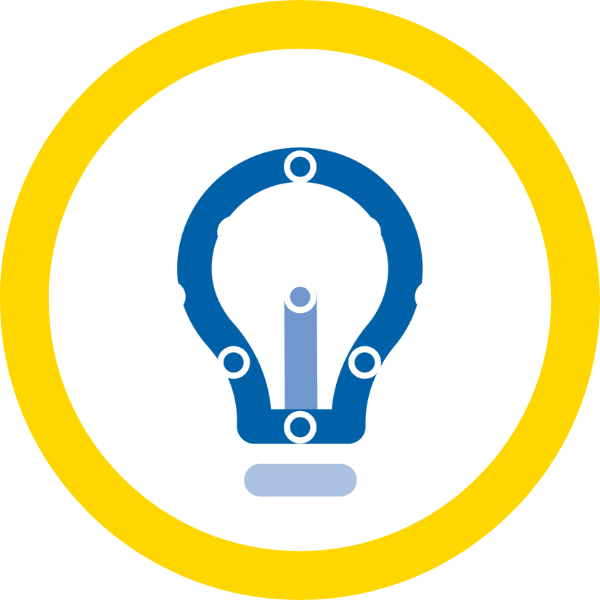Autism Spectrum Disorder is a lifelong neurodevelopmental condition which affects how a person communications with others and experiences the world around them.


Autism Spectrum Disorder
Learn about the signs, strengths and challenges of Autism Spectrum Disorder, and how you can get support.
What is Autism Spectrum Disorder?

It is estimated that over 700,000 people in the UK are autistic – over 1% of the total population.
The characteristics of autism vary from person to person, with each individual presenting their own unique strengths and challenges associated with the condition.
To receive a formal diagnosis of autism, a person must be presenting two key characteristics:
1. Difficulties with social communication and interaction, and
2. Restricted and repetitive patterns of behaviour, which includes sensory behaviours and responses.
These difficulties need to be persistent and must have been present from childhood.

The ratio of men diagnosed as autistic to women is as high as 3:1. There are many theories as to why fewer women receive diagnoses of autism than men, including that current diagnostic criteria are based on early research of men and boys, and that women and girls often present with different characteristics which do not match this criteria. Another potential reason is that women and girls are often better at masking their difficulties than men.

Strengths of Autism Spectrum Disorder
Many autistic people develop special interests and knowledge or become highly focused on a specific area of interest. This can be helpful academically and within their career.
Autism is also associated with:
- Precision in tasks
- A high level of attention to detail
- Excellent memory skills
- Unique approaches to problem-solving
Autistic individuals may also excel in technical subjects, such as engineering, mathematics and science. They are often reliable and dependable, particularly when it comes to following routines and schedules.
Challenges of Autism Spectrum Disorder
As mentioned above, there are two key characteristics often presented by people with autism.
Many autistic people will have difficulties or differences with social communication and interaction with others around them.
This can include difficulties with:
- Interpreting non-verbal language such as tone of voice and gestures
- Understanding sarcasm – instead taking things literally
- Processing and responding to questions and information quickly
- Recognising the feelings and intentions of others
The other key characteristic is restricted and repetitive behaviour, which may lead to an autistic person becoming frustrated or anxious if there are unexpected changes in their routine or lifestyle. They may also struggle with accepting feedback or criticism from others, and may use certain objects repetitively – such as twirling or clicking pens, or rocking on chairs.
Many autistic people also have differences in how they process everyday sensory information, including experiencing over or under sensitivity to light, taste, touch, smell and sound.

"I think differently, my reactions are different, my ‘cause and effect’ is not the same as others’ – and that’s ok. My diagnosis is helping me understand my strengths and explain some of the challenges I’ve faced in my life."
Read Stuart's story of his experiences with Autistic Spectrum Disorder – and how his diagnosis has helped him understand himself better, and come to terms with what it means for him.
What to do if you think you might have Autism Spectrum Disorder
If you think you may be autistic, the first step is to research autism to learn about the various ways it can present for different people. Hearing about the experiences of others with the condition can be very helpful too.
We all have difficulties and differences with certain behaviours and activities, but if you find you notice the characteristics of Autism Spectrum Disorder more prominently in your own experiences – and importantly, it is having a significant impact on your life – it’s best to take action to get support.
Visit the ‘What to do if you believe you might be neurodivergent’ page for more information.
Need support?
We know that when you’re struggling emotionally, practically and financially, often the hardest step to take is reaching out and asking for support. And these challenges can have even more of an impact if you’re neurodivergent. But everyone experiences challenges in life, and it’s important to remember that you are not alone – after all, there are thousands of neurodiverse engineers just like you around the world, many of whom may be in a similar situation.
Our support is here to help you live better and thrive – whatever your circumstances. So if you’re ready to get in touch with us, we’re ready to listen to your needs and offer whatever support we can.
Stories
You are not alone. Hear from people across the engineering community on how they’ve managed their neurodiversity journey, and what being a neurodivergent engineer means to them.

Read Stuart's story of his experiences with Autism – and how his diagnosis helped him understand himself better.

Learn how we helped Mikaela get a diagnosis for ADHD so that she could pass her placement with confidence.

Read Brian's story of how he got a diagnosis for dyslexia - but wishes the signs had been spotted sooner.